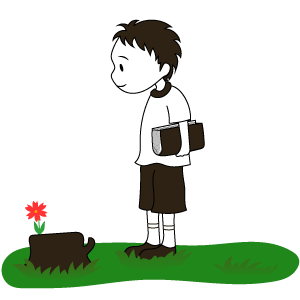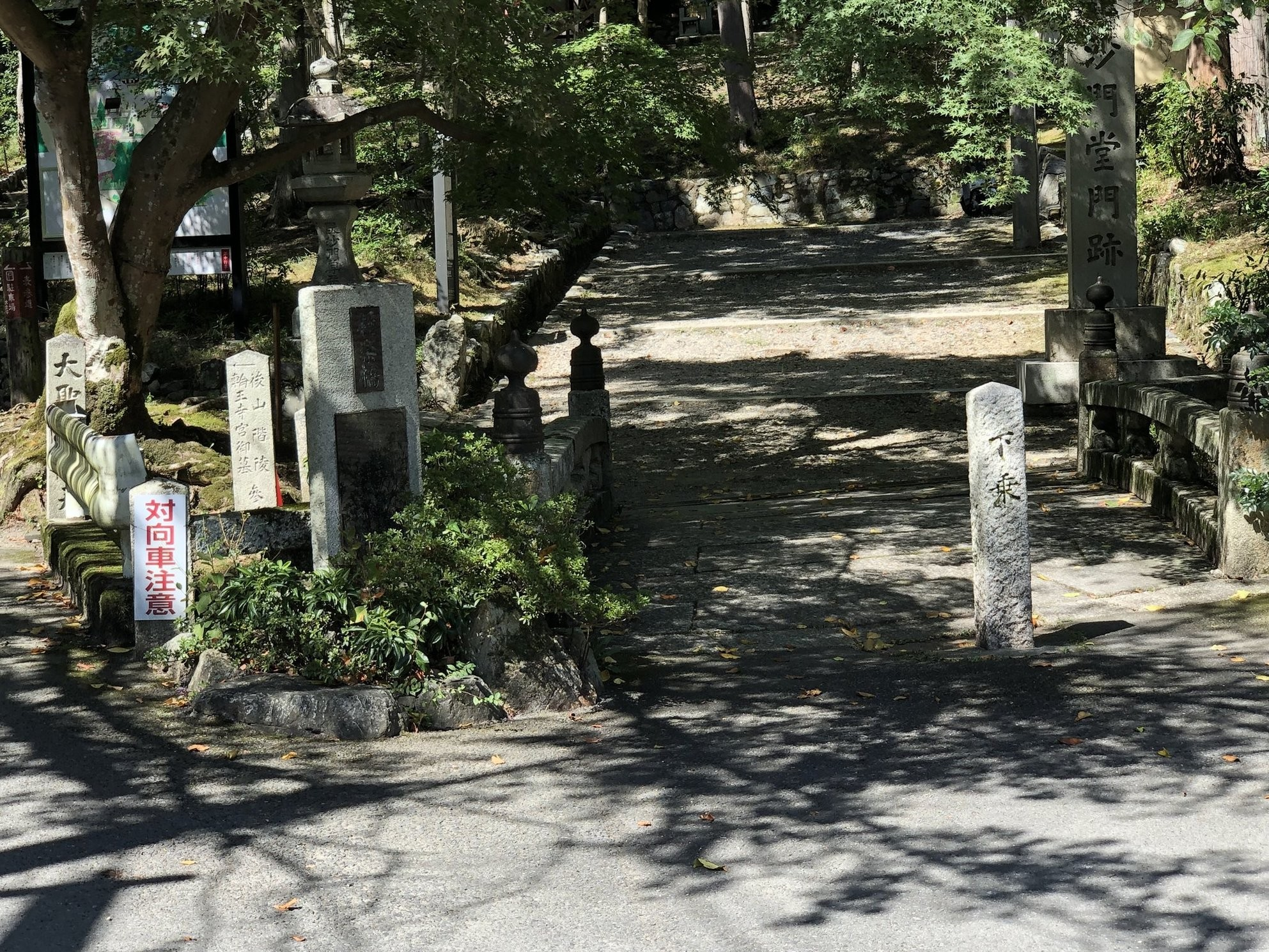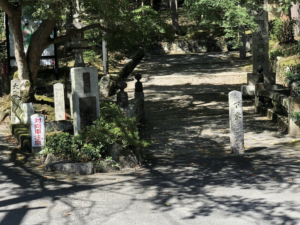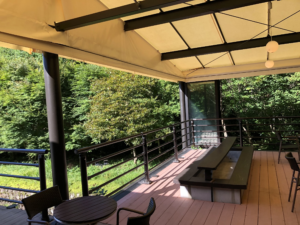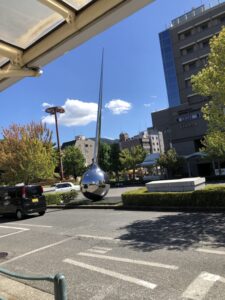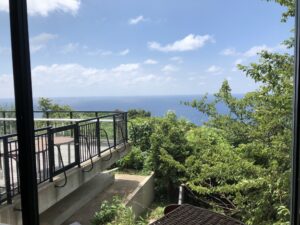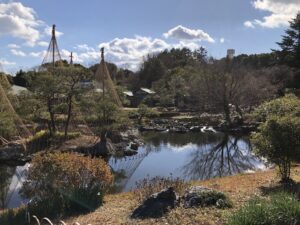It may not be important, but
I try to write at least one haiku (including free-style haiku) every day.
And for some reason, once I write one, I want to write more and more one after another.
There was a time when I wrote twenty haiku in a row.
But most of them were no good. So I try to limit myself to three at most.
Many people on this Note also post haiku and senryu. Some of them are amazing.
And I often feel sad that such excellent works are not widely distributed to the general public.
Senryu seems to be featured on plastic bottles at events held by famous tea shops. Even so, public recognition is extremely low.
Haiku suddenly became popular due to the influence of a TV program a while ago, but I still feel that it is not enough. I think that excellent haiku and senryu should be featured more in the news and variety shows. It would be exciting if more and more people like Tawara Machi appeared.
Personally, I would like to see something like the M1 Grand Prix of the haiku world to decide the best works of the year 2024.
That said, I don’t think young people today will suddenly become interested in haiku and senryu. If famous talents all started creating them in the style of American rap, it might become a big boom and we might see an era when people who write great haiku are pampered. Well, I don’t think that will happen.
Regardless of that, I think haiku is simply great. It is wonderful as a form of linguistic art and as a language game.
Regardless of the quality of the work, I feel incredibly happy just to have written a haiku that I am at least a little satisfied with.
And then, one day, you suddenly realize that the way you see and feel the world has changed. You suddenly realize the beauty of flowers, trees, clouds, and the moon that you had overlooked until then.
Even when walking down the same road as last night, things you couldn’t see suddenly come into view, and you start to hear sounds you missed before. You start to smell things you didn’t recognize before.
Haiku are just words, but somehow your five senses become sharper. Before you know it, you become sensitive to the small things of everyday life and the natural change of the seasons.
Is that the benefit of composing haiku? It’s a tough question to ask, but I think the joy of feeling things more deeply is one of the benefits of getting older.
I’ve heard that our five senses become dozens of times sharper than when we were younger. But we’re just mistaking our physical decline for a dulling of the senses.
It’s true that when we’re young, we rarely feel “relieved” when we drink tea, or “ah, this is paradise” when we take a bath.
Another benefit of composing haiku is that when we put our bad luck, painful events, and misfortunes into haiku, it’s like we’ve pushed aside the helpless feelings, and our feelings are somewhat alleviated.
This is not limited to haiku, and novels and poems will have the same effect, but the fact that you can get this kind of feeling with just a combination of five, seven, and five words is very convenient and advantageous, and I think it is a beauty unique to the Japanese language.
However, of course, there are also disadvantages. Haiku and senryu, like other forms of expression, can be addictive.
Some people become so absorbed in haiku that they neglect their daily lives and devote their entire lives to writing haiku.
Like Taneda Santoka and Matsuo Basho.
What started out as just a way to add color to their lives, a way to relax, began to live only for the supreme work of poetry, just as Matsuo Basho spent his later years traveling, and Taneda Santoka drowned in alcohol among the plants. Just one haiku, but one haiku nonetheless, is all they live for. And so life and haiku are reversed.
On the other hand, you can’t write good haiku unless you are prepared for that.
That’s why I think death poems are good, whether they’re by Toyotomi Hideyoshi or Takasugi Shinsaku. I think that’s because they were written in the spirit of facing one’s own death, and in the final analysis of one’s life.
Sick and ill, my dreams run wild through the withered fields.
If only one could compose such a wonderful poem at the end of one’s life…
And here’s one more poem.
“In the face of death, all the pure and impure things in life disappear into the poem.”
Hmm, haiku is difficult.
